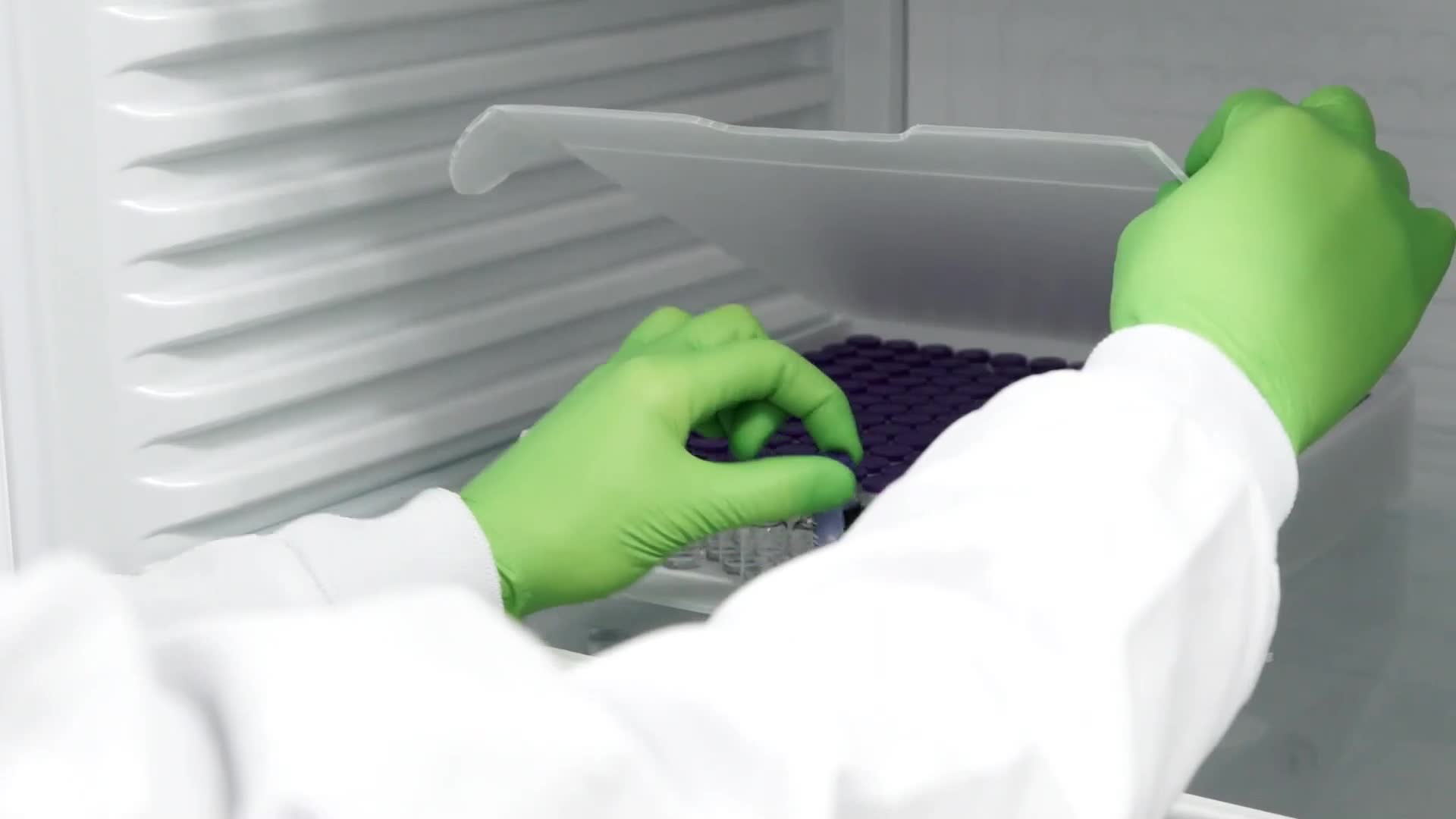UK faces "V-Day" and largest ever vaccination programme

Tuesday has been dubbed “V-day” in the UK, when the first doses of Pfizer/BioNTech’s coronavirus vaccine will be distributed to the public outside of a clinical trial.
Health secretary Matt Hancock reportedly came up with the wartime analogy to describe what will be the largest scale vaccination programme in the country’s history.
The UK last week became the first country in the world to officially authorise the vaccine, which has so far shown an effectiveness of around 95% and minimal side effects in a late-stage clinical trial.
But the logistics of delivering the vaccine are hugely challenging, with up to 4 million sent out this month alone.
The most at-risk groups of people will be first to get the vaccine, with people in care homes, those aged over 80 and healthcare workers targeted first.
On top of this is the requirement for the cutting-edge RNA-based vaccines to be stored at ultra-low temperatures.
According to Luxembourg-based cold chain specialist B Medical Systems, demand for ultra-cool freezers has gone “off the chart” in recent weeks.
Pfizer’s vaccine needs to be stored at around -70C to retain its integrity, while its rival from Moderna that is under review by regulators needs to be stored at -20C.
The company has developed a product that can operate as both a vaccine freezer and a vaccine refrigerator, which could be used to store the Pfizer/BioNTech and Moderna vaccines, as well as the potential shot from AstraZeneca that requires standard refrigerator temperatures for storage.
However the waiting list for the vaccine fridges is expected to grow as more and more companies authorise various coronavirus vaccines.
CEO Luc Provost said: “Normally we would be supplying 2,000-3,000 units typically for a country. We expect this to increase 5-7 fold to some 15,000 units at least. In places like India we are seeing orders reach six figures.”
The biggest challenge is maintaining an unbroken “cold chain”, something that is already common in medicine logistics, but more challenging on this occasion because of the specialist requirements of the vaccine and the sheer scale of the operation.
According to Provost the biggest challenge will be distribution within the UK and other countries and in particular “the last mile” to the patient.
“Vaccine wastage happens in two areas – in-country transport and vaccine administration at health facilities.
“Most portable vaccine carriers and cold containers cannot keep cold beyond 12 hours, especially if it is hot outside.
“Transportation for the last mile to where the immunisation is happening – for example care home residents which will be amongst the first in the UK to get vaccinated – is time consuming and monitoring this journey presents a big problem.”
Feature image copyright BioNTech SE 2020, all rights reserved












